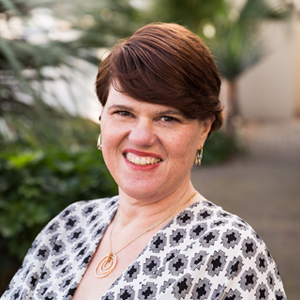 ADOPTION
ADOPTION
In terms of Section 228 of the New Children's Act 38 of 2005 a child is adopted if the child is placed in the permanent care of a person in terms of a court order that has the effects contemplated in Section 242 of the Act.
From the above it is clear that an adoption can only be legal if a court order has been made by a presiding officer of a Children's Court. Thus, a legal adoption is an administrative function of the lower court, and Judges of the High Court as upper guardians of children does not have the such function. Once adopted it follows that full parental powers and guardianship flows to the adoptive parents.
WHO MAY BE ADOPTED?
In terms of Section 230, any child may be adopted if:
(a) The adoption is in the best interests of the child;
(b) The child is adoptable;
(c) The provisions of the Act is complied with.
A social worker must also make an assessment to determine if a child may be adoptable.
WHEN ARE CHILDREN ADOPTABLE?
(a) When a child is an orphan and has no guardian or care-giver that is willing to adopt the child.
(b) When the whereabouts of the child's parent or guardian cannot be established.
(c) When a child has been abandoned.
(d) When a child's parent or guardian deliberately abused or neglected the child.
(e) Where a child is in need of a permanent alternative placement.
It is interesting to note that a child of 10 years or older must agree in writing to be adopted. Thus the feelings and personal opinion of the child needs to be taken into account.
Where a child is abandoned the norm is that a Social Worker will advertise the adoption in at least one local and national newspaper to attract any extended family members of the child. Although the aforementioned refers only to foster children this seems to be applied in all matter of abandonment.
WHO MAY ADOPT A CHILD?
Section 231 regulates who may adopt a child. A child may be adopted jointly by:
• a husband and wife;
• the partners in a permanent domestic life-partnership;
• other persons sharing a common household and forming a permanent family unit.;
• by a widow, divorcee or unmarried person or a widower;
• a married person whose spouse is the parent of the child or by a person whose permanent domestic life-partner is the parent of the child;
• by the foster parent of the child.
It is to be noted that one spouse in a marriage may not adopt a child without the other spouse, except in a case where the one spouse is the natural parent of the child. The natural parent keeps all the parental rights and responsibilities and does not lose those rights when the other parent adopts the child, thus the spouses don’t adopt the child together.
It is also clear that homosexual, heterosexual and unmarried couples are also able to adopt a child. Also partners in a customary (polygamous) and Muslim customary marriage are entitled to adopt a child.
In circumstances where a child is adopted by a married person whose spouse is the parent of the child the mother will retain guardianship throughout the process. A Social Worker will only recommend such an adoption if the marital relationship is stable and has existed for a reasonable period.
Where a mother is not the only guardian of the child the consent of the other parent will also be required. Also where exclusive guardianship was awarded to the mother the other parent’s consent will also be required.
In terms of Section 236 of the Act, a parent can approach the Court to have his parental rights re-instated.

